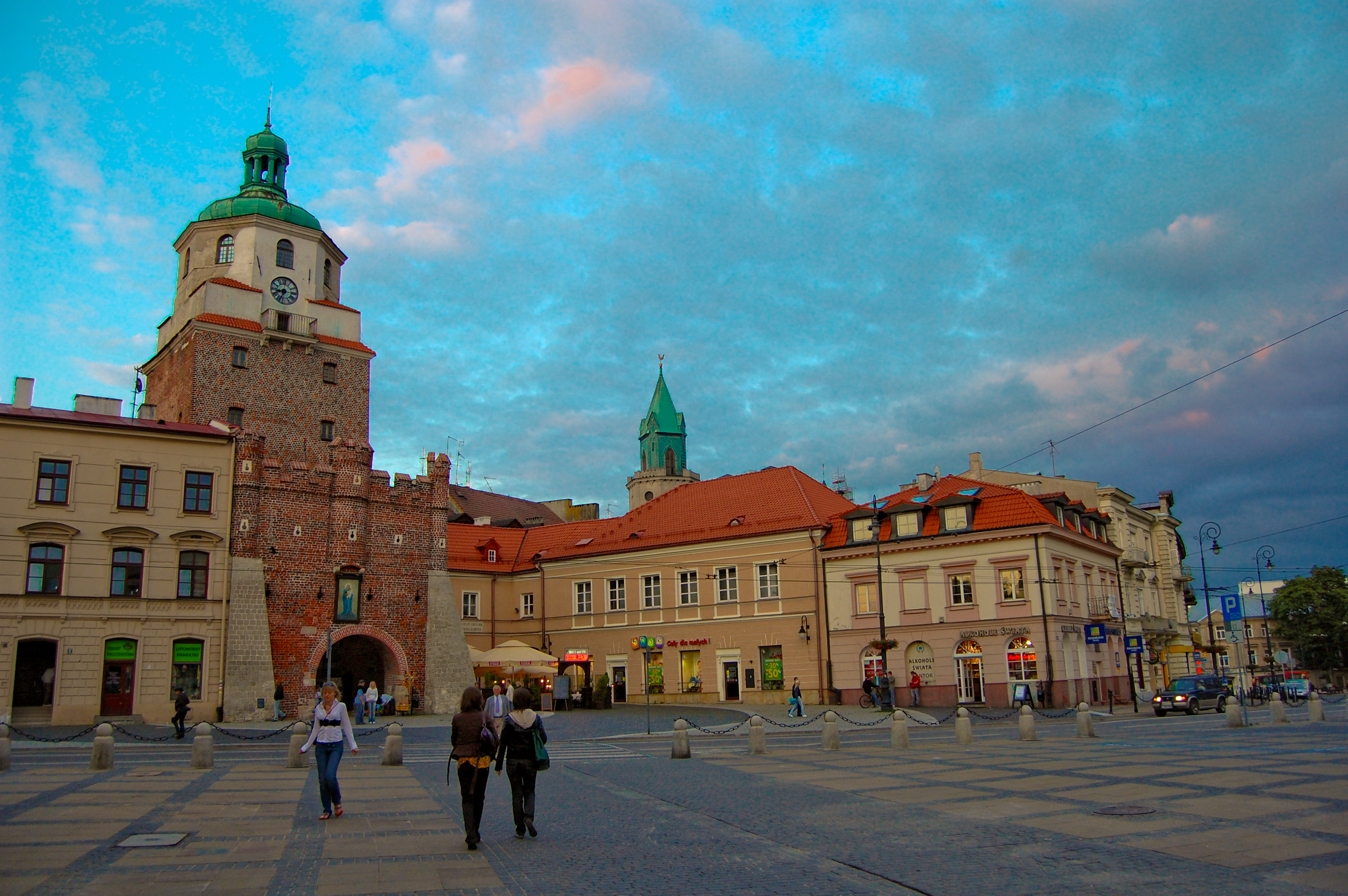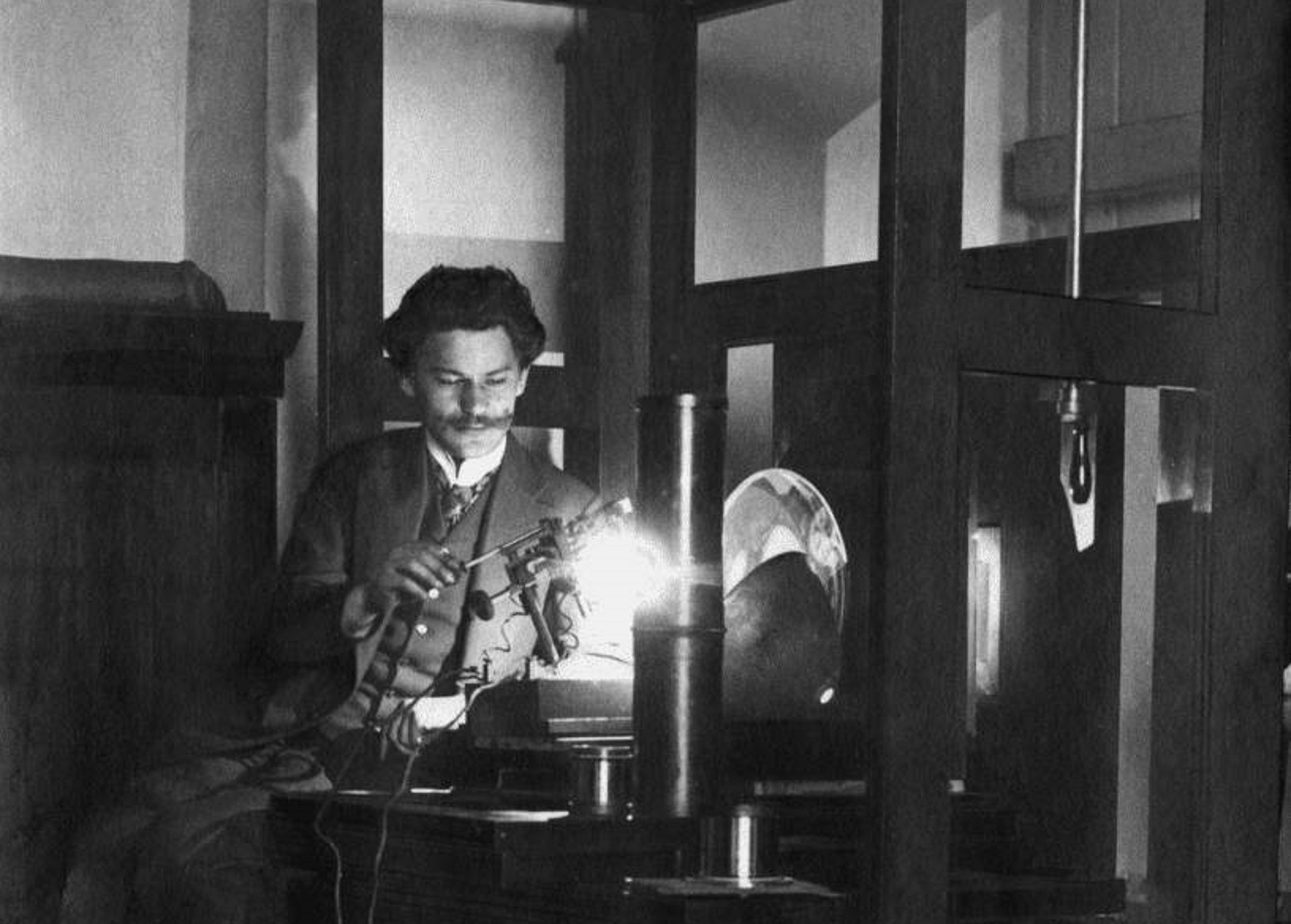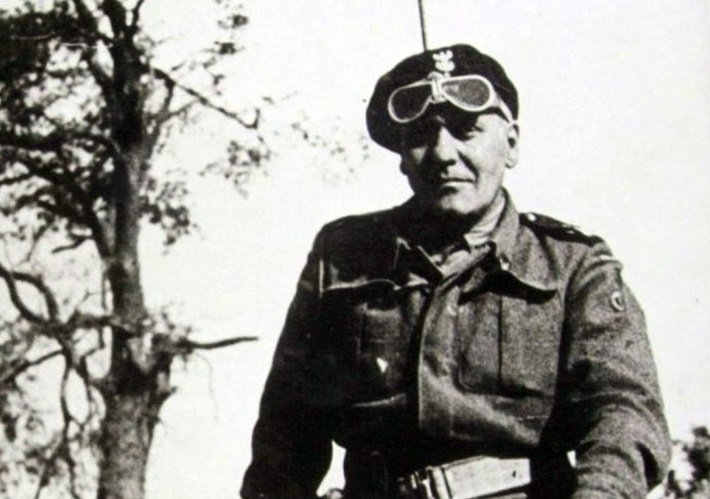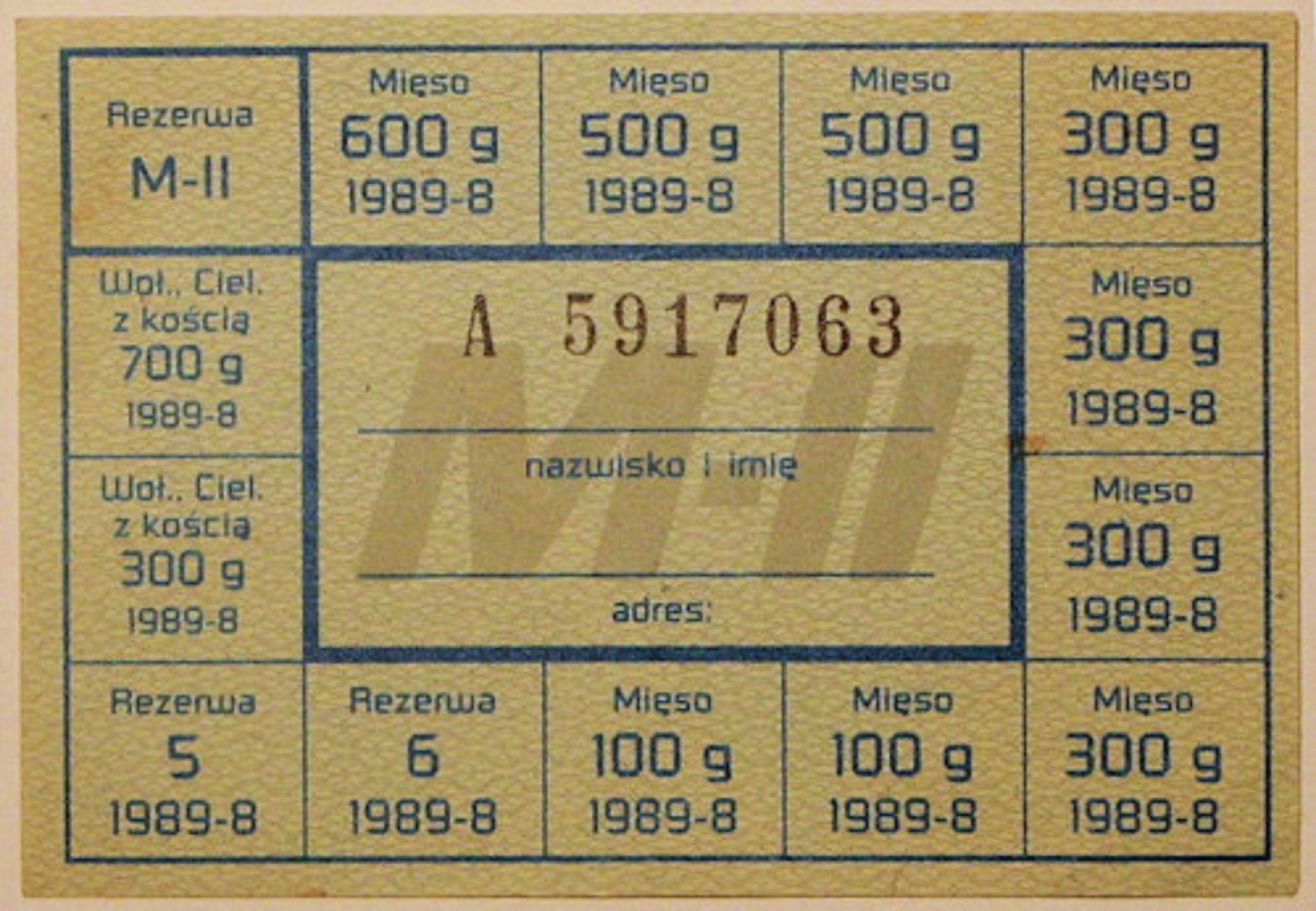An interview with Professor Jan Pomorski, historian, professor of humanities and the chairman of the Organizing Committe of the 20th Jubilee General Congress of Polish Historians.

(photo: Przemysław Gąbka/https://xxpzhp.umcs.lublin.pl)
The 20th Jubilee General Congress of Polish Historians is over. As the chairman of the Organizing Committee, are you satisfied with the results? Do you feel that you achieved your objectives?
I hope, above all, that our Congress will be remembered for its successes. The meeting’s new format worked well: it was carefully prepared, there were open discussions and only 24 papers were commissioned by the Organizing Committee on current and cognitively relevant topics. As a result of these changes, we avoided past problems with excessive speeches which suppressed many important questions and left little time for discussion. This time, the papers were made “available” earlier on the congress’ website, making it possible for everyone to be better prepared for the discussion and encouraging real debate. I also consider it a great success that the Academy has opened itself up to debates that include modern trends in historical research and approaches to history in the public sphere, as well as e-History. We also received very positive feedback, as well as hundreds of positive e-mails, text messages and phone calls from colleagues whom we hosted in Lublin. It restores my faith in the idea that a general congress of historians can still be relevant…
“The power of history matches the energy that grows from nuclear fission and it can be applied in either a destructive or a peaceful way,” you said in the opening lecture. Are historians able to control this energy today?
Generally, it is not physicists who decide on the use of nuclear energy, nor do historians (although the latter are over-represented in the world of politics, as I mentioned in my opening lecture) favour using the “transformative power” of history to make societies happy through force. Historians often try to shape societies in accordance with some arbitrary vision of what they assume to be “good”. But even if historians or philosophers actually had this power, it wouldn’t change much. Please do not forget that one of the dictators responsible for one of the greatest genocides of the last century, Pol-Pot, obtained his doctorate in philosophy from the Sorbonne, before he decided to change history and experiment on his own nation! That is why Krzysztof Pomian’s words appeal much more to me: “Being a historian is not something granted once and for all with a diploma. Being a historian must be confirmed every time by one’s reason and moral attitude.” This is how I understand the issue of a historian’s responsibility. Professor Tomasz Schramm, when receiving a state award at the Congress from President Andrzej Duda, whose speech he commented on, noted that historians are engaged in science, i.e. historical research, not the politics of memory or the past. Confusing these roles is, unfortunately, fairly common.
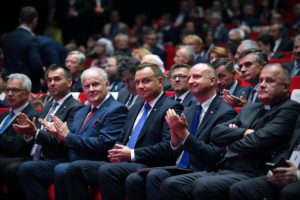
Where do you see significant threats?
The politicisation of history and its mythologisation, especially when it comes to recent history, are two of the threats that we witness almost every day. History is exploited as a convenient tool for playing on people’s heartstrings and manipulating collective memory. It is also risky and problematic when historians conduct research on national history without a broader comparative perspective. This can easily become an ideological foundation for nationalism. Unfortunately, we haven’t yet learned this 20th century lesson. Meanwhile, warnings sounded by Timothy Snyder that we are on the road to unfreedom still ring ominously!
Before the Congress, you mentioned that historians as a whole need “a serious debate on the current condition of Polish historiography and the challenges facing historical science today”. How can one evaluate the effects of this debate?
First of all, my diagnosis was confirmed: the need for such a debate turned out to be even greater than I thought. [The attendees’] participation in the discussions was impressive, and the questions posed were fundamental ones. We will come back to them and discuss them further within our community. What is the heritage of the Union of Lublin, when the Polish–Lithuanian Commonwealth was established in 1569? What role did women play in Polish history? And why is the historical and historiographic discourse still so dominated by the “male point of view”? To whom do the “historical museums” belong? And how can you teach history to those for whom multimedia messaging is a part of everyday life? Does historical synthesis still make sense? What does Polish historiography have to offer to the world today? Have subsequent methodological “turns” and “breakthroughs” left any permanent mark in Polish historiography? What does innovation mean in historical research today? How does the past affect our present and what history (and historiography) do Poles need today? This is the basic catalogue of questions posed at the Congress. And what will be the effect of it all? Sometimes just asking a question is more important than the answer. Because a good question can shake us out of our complacency and change our perspective. It can amaze and even trigger a historical imagination. Intuition tells me that this might be the case this time. We can also observe a generational change among Polish scientists of history and historiography: young people are coming up in the profession who do not read only other historians. They are open to other disciplines and the world, and I have faith in them…

The first day of the Congress there was a debate about the Union of Lublin, in which a group of historians from outside Poland took part, including Jūratė Kiaupienė, Hienadz Sahanowicz, Robert Frost, Daniel Beauvois and Norman Davies. It is hard to find better evidence that Polish history is closely connected with global history than this. Maybe it is worth organizing international discussions of this kind in the future?
There is such a demand and it seems to me to be justified. Even more so since next year we will be hosting the World Congress of Historians in Poznań, which will create an excellent opportunity for bringing together so many different perspectives and views. I also hope that Białystok – the host of the next Congress – will maintain and strengthen the perspective of transnational history in Central and Eastern Europe.
Another discussion that attracted a lot of interest was the one titled “What history do Poles need?” How can we explain to our foreign readers the phenomenon of history in our country, as we keep asking ourselves this question yet again?
But this is not a Polish phenomenon at all! In the Brexit era, such a lively debate is taking place in Great Britain, and is engaging the English, Scottish, Irish or Welsh people each in their own turn. Germany had its own “Historikerstreit” in the 1980s, and all of Europe disputed the politics of memory a decade later. In Poland, due to its complex history over the last two centuries, when we lacked our own statehood and sovereignty, the role of history in maintaining our own national identity has been invaluable. Historiography and historical novel writing – see the phenomenon of the writer Henryk Sienkiewicz – shaped hearts and minds and not only at the turn of the 19th and 20th centuries. How many of us were shaped by historical essays written by Paweł Jasienica? His influence was similar to that of Norman Davies for Poles over the past two decades. We don’t even know how often we echo the same thoughts that Davies, himself, holds about Poland. Also, when we focus on the future, not on the past.
Interviewer: Michał Przeperski
Translation: Alicja Rosé & Ray Dickaty

